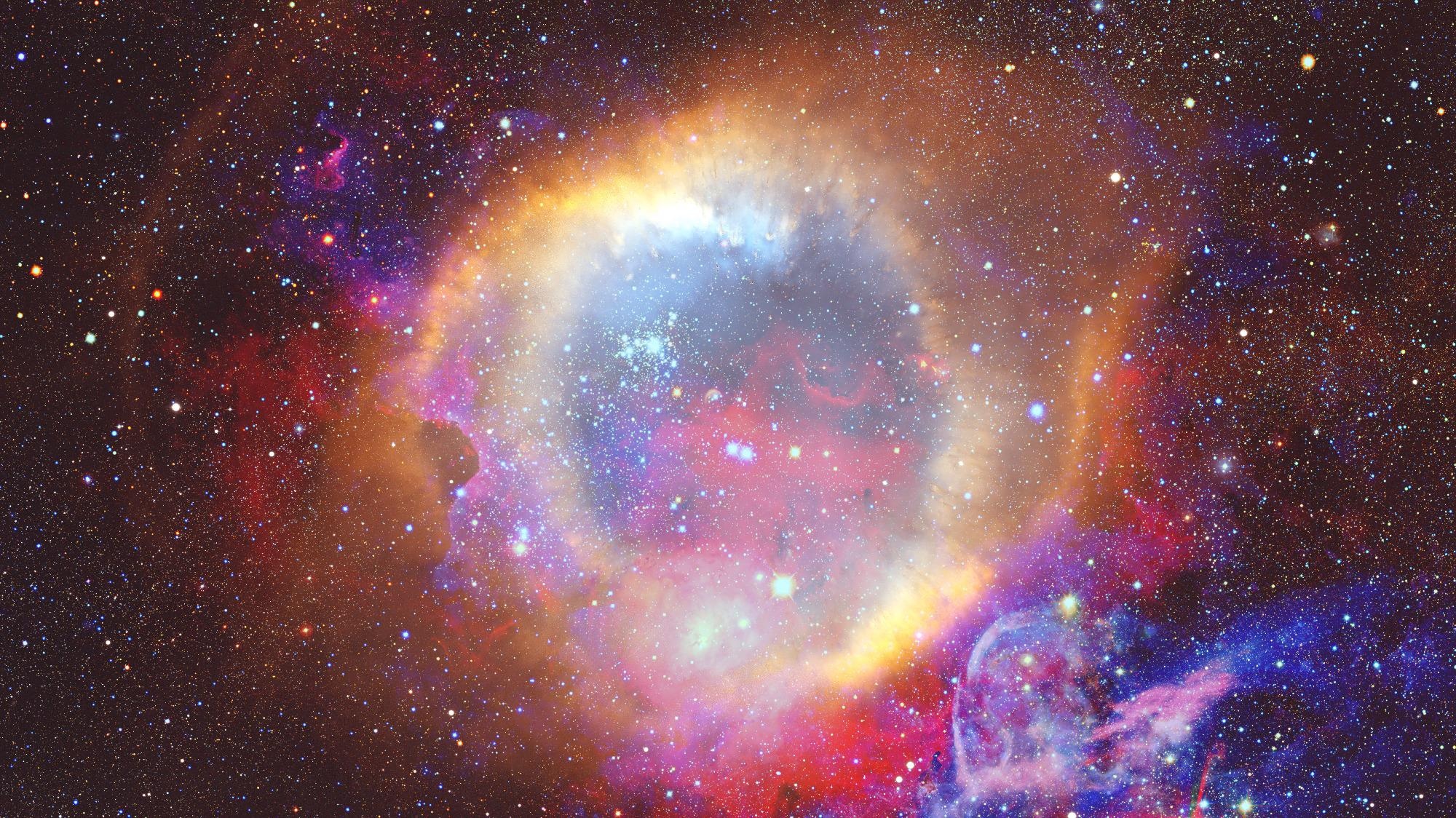Mar 4 2021
The universe evolved after a giant bang called the Big Bang 13.8 billion years ago. Then, it started expanding. The expansion has not ceased yet—it is still stretching out in all directions similar to a balloon that is inflated.

Image Credit: NASA Images/shutterstock.com
Although physicists mostly agree on this, something is still not right. When the expansion rate of the universe is measured in different ways, the results are different. This begs the question of whether the methods of measurement incorrect in some way, or whether something is occurring in the universe that has not yet been discovered by physicists and, thus, not considered.
Many physicists, including Martin S. Sloth, Professor of Cosmology at the University of Southern Denmark (SDU), propose it could be the latter mostly.
In a new paper, he and his SDU colleague,Florian Niedermannn, hypothesize the occurrence of a new kind of dark energy in the universe. The results will be more similar if this is included in the different calculations of the expansion of the universe.
A new type of dark energy can solve the problem of the conflicting calculations.
Martin S. Sloth, Professor of Cosmology, University of Southern Denmark
Conflicting Measurements
When the expansion rate of the universe is calculated by physicists, their calculation is based on the presumption that the universe is composed of dark energy, ordinary matter and dark matter. To date, all kinds of observations were based on such a model of the universe’s composition of energy and matter. However, this is no longer the case.
Conflicting results emerge by the analysis of the most recent data from measurements of supernovae and the cosmic microwave background radiation. The two techniques very easily result in different results for the expansion rate.
In our model, we find that if there was a new type of extra dark energy in the early universe, it would explain both the background radiation and the supernova measurements simultaneously and without contradiction.
Martin S. Sloth, Professor of Cosmology, University of Southern Denmark
From One Phase to Another
“We believe that in the early universe, dark energy existed in a different phase. You can compare it to when water is cooled and it undergoes a phase transition to ice with a lower density,” he added and explained.
“In the same way, dark energy in our model undergoes a transition to a new phase with a lower energy density, thereby changing the effect of the dark energy on the expansion of the universe,” noted Martin S. Sloth.
Calculations by Sloth and Niedermann show that the results add up if the dark energy was imagined to have experienced a phase transition induced by the expansion of the universe.
A Very Violent Process
It is a phase transition where many bubbles of the new phase suddenly appear, and when these bubbles expand and collide, the phase transition is complete. On a cosmic scale, it is a very violent quantum mechanical process.
Martin S. Sloth, Professor of Cosmology, University of Southern Denmark
Currently, it is known that roughly 20% of the matter the universe is composed of. It is the matter that each one of us, planets and galaxies are made of. In addition, the universe includes dark matter, about which no one knows.
The universe includes dark energy, which is the energy that leads to the expansion of the universe, and it constitutes roughly 70% of the energy density of the universe.
Journal Reference:
Niedermann, F & Sloth, M S (2021) New early dark energy. Physical Review D. doi.org/10.1103/PhysRevD.103.L041303.